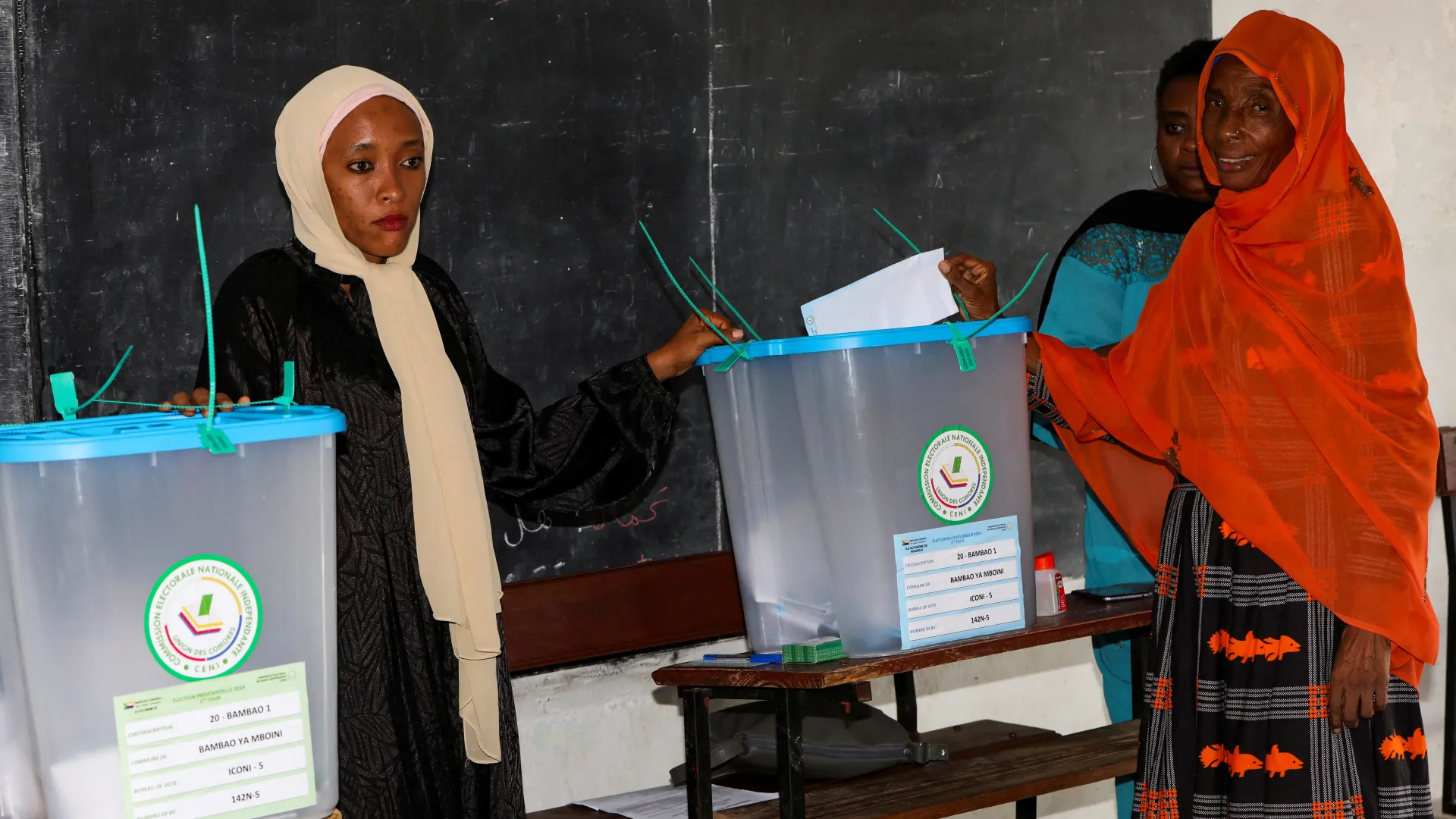
The Comorian government confirmed on Saturday that parliamentary elections for the 33-seat assembly will be held on January 12, 2025. This announcement comes amid rising tensions, as opposition parties have declared their intent to boycott the elections.
The opposition’s decision stems from concerns over the electoral process and the current political climate in Comoros. Comoros is an Indian Ocean archipelago with a population of approximately 800,000 residents. The last parliamentary elections took place in January 2020, resulting in the re-election of incumbent President Azali Assoumani for a five-year term.
However, the opposition rejected the 2020 election results, citing allegations of ballot stuffing and the premature closure of polling stations. The government has consistently denied these claims, insisting that the elections were conducted fairly.
Salim Issa Abdillah, leader of the opposition JUWA party, voiced his party’s concerns, stating, “We are not ready to take part in legislative elections until we know what is going to happen.” Abdillah, who previously ran against Assoumani, emphasized their mistrust of the current administration.
He further stated, “We will boycott the elections… we do not trust Azali Assoumani because no matter what commitments he makes, he will not respect them.” This sentiment reflects a broader distrust among opposition parties regarding the integrity of the electoral process.
Another opposition party, Orange, also announced its withdrawal from the upcoming elections. Their decision primarily relates to the reappointment of Idrissa Said as head of the electoral body. The party has accused Said of bias towards the ruling Convention for the Renewal of the Comoros (CRC) party, allegations that Said has denied.
Opposition groups have raised concerns about President Assoumani’s authoritarian tendencies and his potential plans to groom his eldest son, Nour El-fath, as a successor for the 2029 elections. Assoumani’s current term is set to end then.
Since seizing power through a coup in 1999, Assoumani has dominated the political landscape in Comoros. He has won three elections during his lengthy tenure, raising questions about the future of democracy in the archipelago.
As the January elections approach, the political atmosphere in Comoros remains charged, with many eyes on the government’s handling of the electoral process and the opposition’s response.
